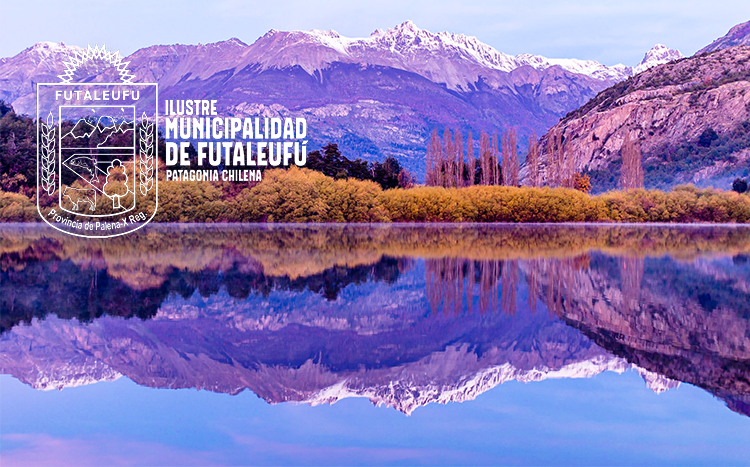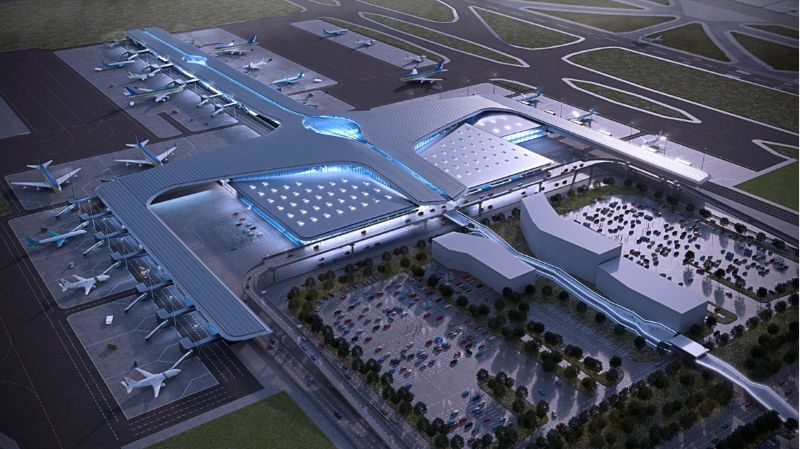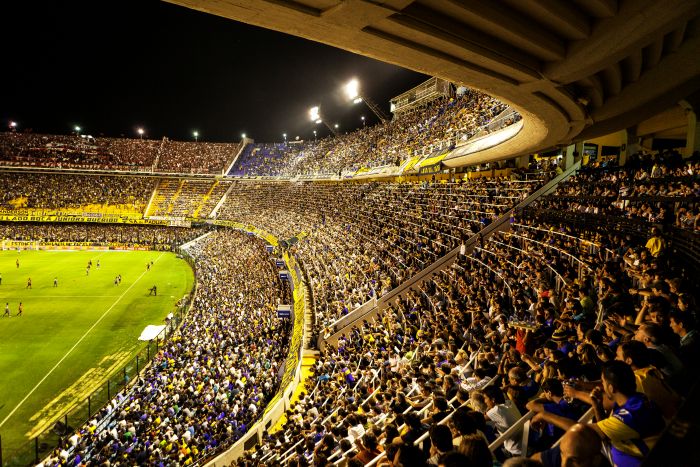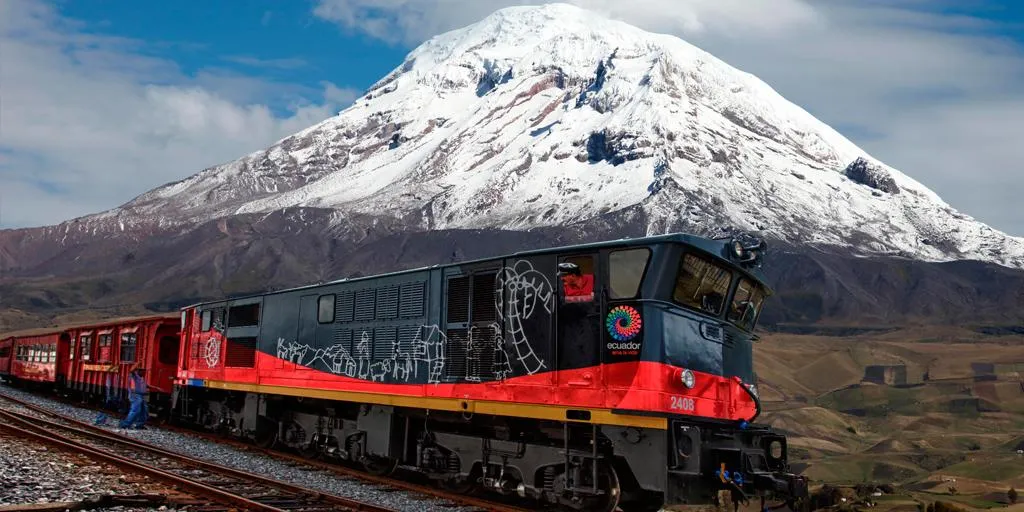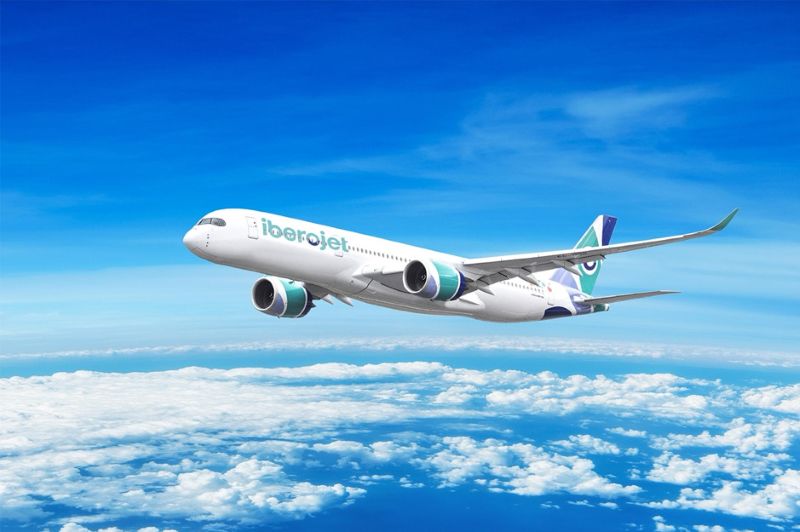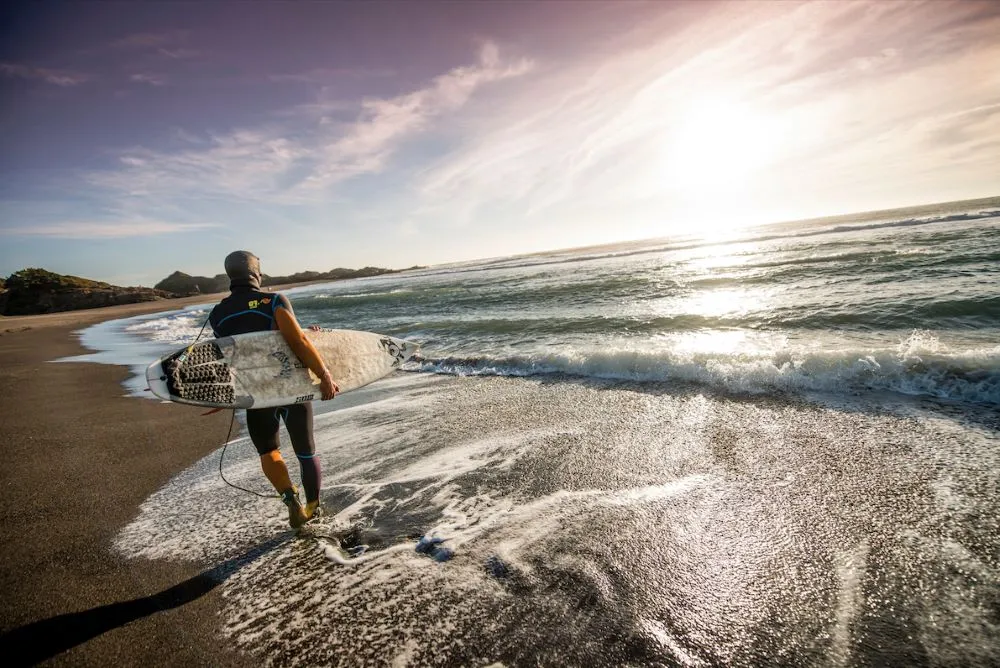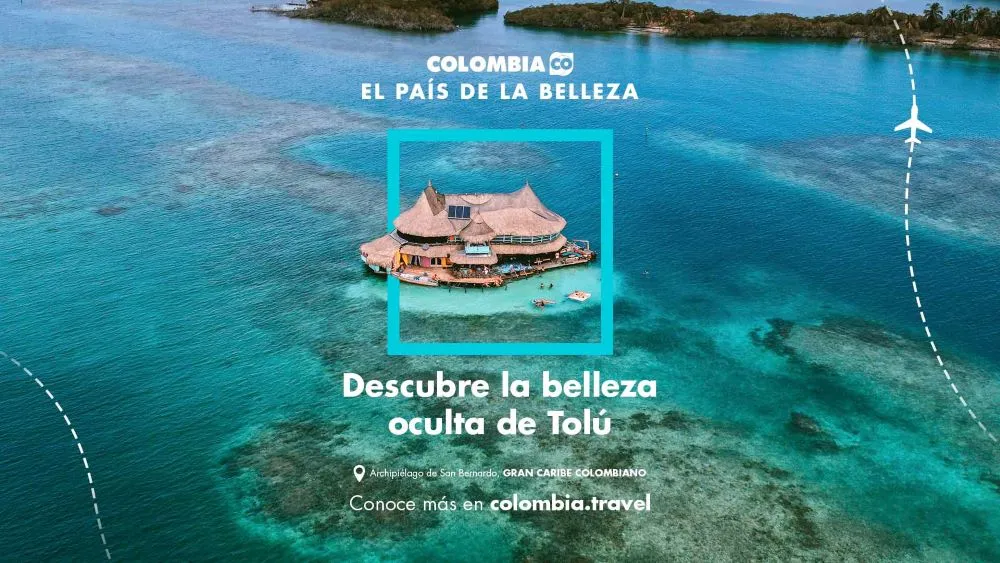Natalia Baeza, Coordinatrice de l’Office du Tourisme de la Municipalité de Futaleufú
Visit Latin America : Comment vous est venue l’idée de présenter votre candidature pour le concours « Green Destination » ?
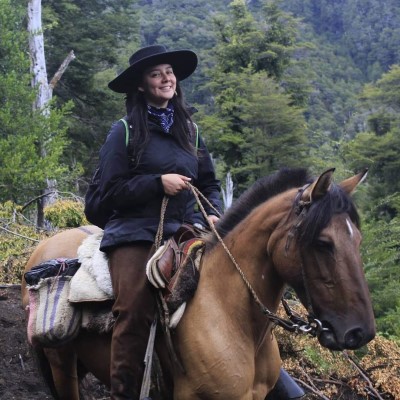
Nous avons découvert cette initiative en 2017. Nous avons pensé tout de suite à la possibilité de postuler mais finalement, nous nous sommes rendu compte que nous devions mieux nous préparer d’abord et avancer davantage dans la gestion du tourisme au sein de notre municipalité avant de le faire.
En 2019, nous avons été amenés à travailler avec Felipe Vera, responsable de « Green Destination » au Chili. Nous l’avions invité à participer à un séminaire sur le changement climatique en tant qu’exposant puis, nous avons organisé des réunions dans notre Municipalité sur cette thématique liée au tourisme. Peu à peu nous avons ensemble bien défini le projet et avons fini par nous lancer en 2020 !
VLA : L’idée est donc née de votre rencontre avec Felipe Vera et Green Destination ?
Exactement ! Je connaissais Felipe Vera depuis longtemps, il était professeur à l’université où j’ai fait mes études. Nous étions restés en contact et avons toujours été intéressés par les sujets d’avant-garde dans le tourisme. Felipe Vera fait aussi partie du groupe d’experts de l’Organisation Mondial du Tourisme. Nous avons donc travaillé pour le Développement des Territoires et sommes devenus aujourd’hui, pratiquement collègues de travail.
VLA : Quelles ont été les étapes de ce grand projet ?
Nous avons commencé par réunir toutes les informations nécessaires à la présentation de notre candidature. Pour participer au concours il fallait remplir 30 critères concernant à la fois la gestion municipale et les bonnes pratiques en matière de tourisme et de durabilité mais seulement 15 étaient obligatoires. Au départ, nous avons travaillé sur les 30 critères afin d’identifier ceux qui nous correspondaient le mieux et ceux sur lesquels nous allions nous concentrer et avancer.
Nous avons œuvré main dans la main avec Felipe Vera et avec d’autres secteurs de la Municipalité. Le sujet principal était bien sûr le tourisme mais, nous devions présenter en même temps, un projet qui montre la bonne gestion de la commune. C’était un travail pluridisciplinaire. C’est ainsi que nous avons décidé de présenter un projet initié entre 2016 et 2017 sur le traitement des déchets dans la zone urbaine de Futaleufú.
Ce projet pilote avait pour objectif de changer le processus de collecte et de traitement des déchets, mais aussi leur diminution. Cela nous permettait de continuer à travailler sur le projet et c’était en même temps, un sujet parfait pour notre candidature au concours de Green Destination.
En suivant les orientations de l’équipe de consultants engagés pour ce projet, nous avons commencé par faire du porte-à-porte. Nous avons visité, une à une les maisons de la commune afin de comprendre ce que signifiait pour chacun le tri des déchets. Chaque maison a reçu trois poubelles de couleurs différentes.
Nous avons même distribué des magnets en forme de poubelle à coller sur les frigos, utilisé les réseaux sociaux et la radio pour diffuser et transmettre les informations utiles pour le tri ainsi que sur les couleurs des poubelles à respecter selon le type de détritus.
Une autre équipe municipale s’était chargée parallèlement de la construction d’un centre de traitement des déchets dans le secteur appelé Lonconao. N’ayant pas la capacité de tout recycler sur place, certains d’entre eux étaient envoyés en dehors de la commune.
Nous nous sommes concentrés sur la transformation des déchets organiques en compost. Le compost a été mis à disposition de tous les habitants de la commune gratuitement et nous sommes devenus ainsi, pionniers en la matière au Chili !!
VLA : Comment définiriez-vous le rôle de la communauté dans la réussite de ce projet ?
Le rôle de la communauté a été primordial sans aucun doute !
Au-delà de la reconnaissance de Green Destination et le fait que l’idée soit venue de la municipalité, la communauté se l’est approprié projet et c’est tout Futaleufú qui a pris en charge le tri des déchets. L’ensemble des habitants a pris conscience qu’il fallait changer et s’améliorer dans le traitement des ordures.
A partir de là et grâce à ce succès, d’autres zones rurales se sont jointes à nous et aujourd’hui, c’est devenu un énorme projet sur lequel nous travaillons dans beaucoup d’autres endroits.
Le tri des déchets et le travail de la communauté est devenu un axe important du tourisme au point que le personnel touristique de la ville explique aux visiteurs notre fonctionnement et où se trouvent les poubelles des différentes couleurs mises à leur disposition pendant leur séjour. Ce projet implique aussi un changement de mentalité car l’idée peut être bonne mais si les gens ne se l’approprient pas, cela ne fonctionne pas.
VLA : Etes- vous partis pour ce projet, d’une ville plutôt propre ou aviez-vous des problèmes de déchets éparpillés un peu partout dans la ville ?
Futaleufú développe le tourisme depuis plus de 30 ans avec une croissance constante d’année en année. Au début, le tourisme n’attirait que ceux qui étaient nés et avaient grandi ici ou un tourisme de niche. La ville était propre et il n’y avait pas de déchets dans les rues. Des poubelles avaient été installées et les gens les utilisaient correctement. Futaleufú a toujours été connue pour être un endroit vert et propre.
Nous avons compris qu’avec le développement de la ville il y aurait aussi une augmentation de la quantité de déchets et d’ordures. Il fallait donc trouver un moyen d’y répondre en respectant l’environnement.
VLA : Comment auriez-vous appréhendé la situation si votre commune avait présenté des graves problèmes de propreté ?
L’un des points très positifs de faire partie du top 100 des Green Destinations a été d’être en contact avec d’autres villes du monde entier.
En discutant avec des collègues de Turquie et d’autres pays d’Europe, qui ont travaillé sur des projets similaires mais qui ont fait face à des problématiques très importantes en matière de propreté, le point sur lequel nous sommes tous tombés d’accord est l’éducation.
Il faut comprendre l’origine du problème, expliquer aux gens ce que l’on fait et surtout, leur expliquer quels sont les dégâts causés par les ordures.
Il faut éduquer par tous les moyens possibles, par exemple, à Futaleufú durant la période estivale il y a des festivals et d’autres manifestations. Nous avons donc organisé des parades avec les enfants dont les costumes étaient fabriqués par les familles à partir de matériaux recyclés. C’était donc un concept différent qui permettait de faire autre chose avec ces déchets. La dynamique était différente.
Le thème de la brique écologique a aussi été mis en avant et un bel exemple en est la construction d’une serre avec ce matériau par une école rurale.
Ce projet est né parce que les gens ont compris que les déchets pouvaient être utilisés pour d’autres choses. L’éducation est donc la base de tout. Au fur et à mesure que les lieux se développent en tant que destinations touristiques, cela attire plus de monde et génère plus de déchets. Il faut travailler pour accueillir les touristes dans des bonnes conditions.
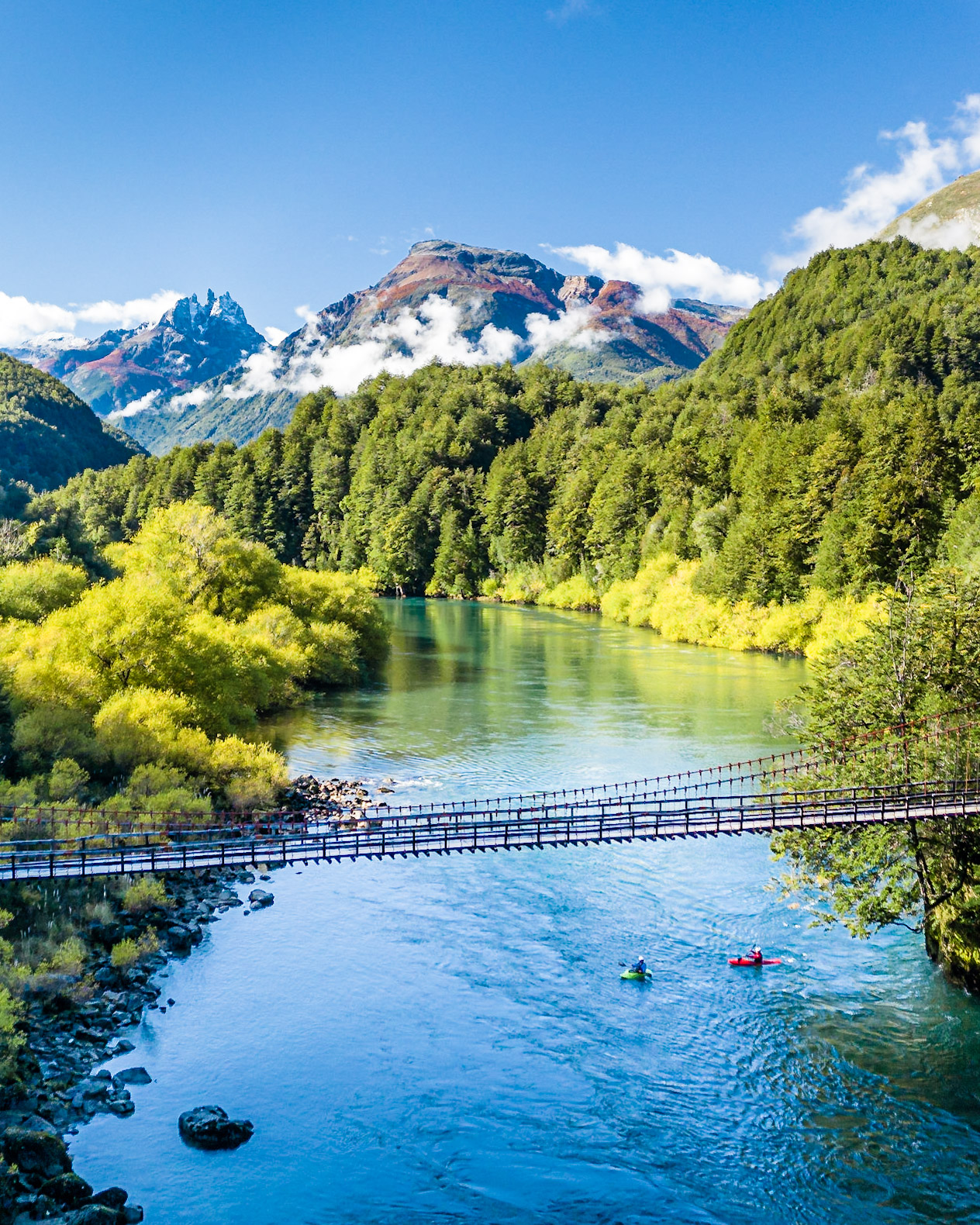
VLA : Quels sont vos projets maintenant que vous avez gagné ce prix ? Allez- vous vous faire connaître grâce à cela ?
Ce succès a été pour nous, tout un processus. D’abord, nous voulions intégrer le top 100 de Green Destinations. Seulement 2 destinations au Chili font partie du classement : Futaleufú et Puerto Natales, une localité au sud du pays.
Ensuite, en 2020, nous avons remporté le prix « Earth Award » à l’ITB de Berlin, le plus grand salon du tourisme au monde.
Puis, nous avons été élus par le public à la 3ème place au niveau mondial dans ce même salon. Nous ne nous y attendions pas. Dans les 100 destinations en concurrence dans cette catégorie, il y avait des destinations comme les Iles Galapagos qui sont beaucoup plus connues que nous.
Nous n’avons pas vu venir ce succès et il nous a fallu du temps pour réaliser que des gens avaient pu choisir librement Futaleufú pour notre travail dans le domaine du Tourisme Durable.
Maintenant sur la base de cette reconnaissance, nous comptons faire connaître notre expérience et essayer par ce biais d’inciter d’autres villes et pays à faire de même.
VLA : Et comment allez-vous utiliser ce prix pour promouvoir la destination touristique ?
Aucune destination n’est durable à 100 %. Les principes de la durabilité sont dynamiques. Les gens changent, leurs territoires aussi. Nous avons reçu ce prix avec beaucoup de fierté mais cela nous a surtout donné l’envie de continuer à apprendre et à travailler.
Malgré le fait que Futaleufú occupe une position mondiale grâce à sa rivière reconnue comme l’une des trois plus belles du monde, notre ville n’était pas connue.
Lorsque nous avons appris la nouvelle, nous nous sommes dit : « ok, nous avons bien travaillé ». Maintenant, nous sommes conscients que nous ne pouvons pas nous contenter d’avoir reçu cette récompense et nous en arrêter là.
Nous devons continuer à améliorer nos méthodes de travail. C’est la vision qu’a eu l’administration municipale et nous avons la volonté de continuer à avancer dans cette voie.
La première chose que nous avons faite a été d’aller vers la communauté, car tout ceci est une réalisation de leur part, pas la nôtre, pas la mienne, pas celle du Maire ou de la Municipalité.
C’est une réalisation collective, des personnes qui ont fait le tri des déchets, du chauffeur qui conduit le camion, de l’éboueur qui va de maison en maison, de l’équipe qui est au centre de tri, de nous tous ensemble.
Des nouveaux défis nous attendent, notamment parce que nous devons travailler dans les zones rurales, où la logistique est différente car ce sont des zones très étendues. Le défi est donc là, de voir comment on va résoudre chaque problème qui va se présenter à nous. Peut-être que dans l’avenir, nous n’enverrons plus certains déchets vers la capitale régionale ni en Argentine car c’est quand même à plus de 12 heures de route !
VLA : L’investissement a-t-il été important ?
Oui, mais c’est surtout la construction du Centre de Traitement des déchets qui a été coûteuse, il a fallu acquérir le terrain puis nous avons subi un incendie qui a doublé le coût du projet. Malheureusement, une partie du centre a été détruite ainsi que des machines.
Malgré cela, nous n’avons jamais arrêté. Nous avons continué à trier les déchets même si nous avons dû faire une partie du travail manuellement comme nous faisions au début, en attendant de pouvoir remplacer les machines.
VLA : Quels moyens de contrôle avez-vous mis en place ?
Au début, nous avions un Contrôleur Municipal dont la fonction principale était de veiller à ce que les déchets soient séparés correctement et dans les délais prévus. Ensuite, cette fonction de Contrôleur a été remplacée par une équipe de la Municipalité autorisée à dresser des amendes en cas de non-respect des consignes.
Heureusement, tout le monde a joué le jeu et personne n’a reçu d’amende. Nous avons aussi mis en place un système de reconnaissance des bonnes pratiques et cela a donné des bons résultats. Voir que son voisin est distingué par la communauté pour son respect des consignes encourage davantage que de recevoir une punition.
Malgré ces bons résultats, nous envisageons de reprendre la fonction de contrôle car la ville de Futaleufú a grandi. Nous sommes déjà plus de 3000 habitants auxquels s’ajoutent ceux qui vivent en zone rurale et cela demande d’autres moyens et la logistique de contrôle nécessaire.
VLA : Si vous deviez prodiguer un conseil, une recommandation à une autre ville qui souhaiterait suivre votre exemple, que lui diriez-vous ?
Il y aurait beaucoup de choses à dire et des conseils à donner en fonction du point de départ et de la réalité de chacun. Chaque cas est différent et techniquement parlant, le processus n’est pas le même selon que l’on parte d’une ville propre ou d’une où il y a des déchets partout. Le degré de difficulté n’est pas le même ni les moyens à utiliser.
Cependant, dans les 2 cas et après avoir parlé avec les responsables d’autres destinations dans le monde, le meilleur conseil est de croire en ce que l’on fait et de ne jamais oublier pour quoi nous faisons tout cela. Nous avons une responsabilité par rapport à l’environnement et à l’héritage que nous allons laisser à ceux qui viendront après nous.
En aucun cas il faut s’arrêter même lorsque la tâche parait très compliquée. Lorsque je me sens épuisée, je regarde ma fille et me rappelle que tout ce que je fais c’est aussi pour elle.
Penser à la planète que nous allons laisser à nos enfants est inspirant et cela doit nous encourager à continuer le travail pour améliorer notre environnement. Ne nous décourageons pas, nous sommes de plus en plus nombreux à penser ainsi !

